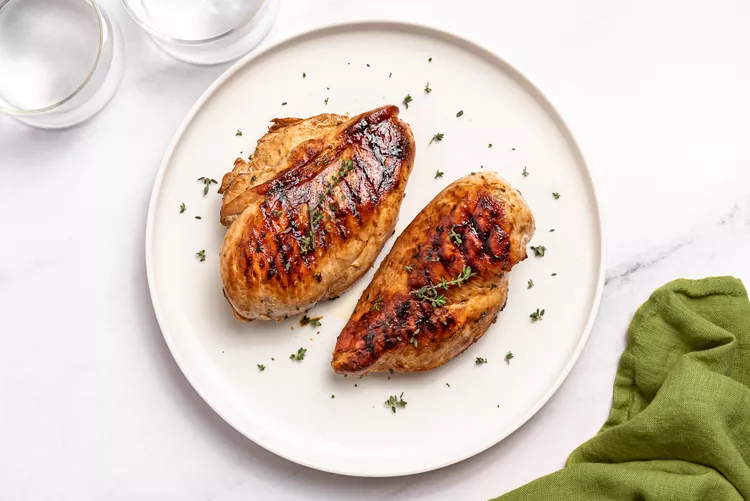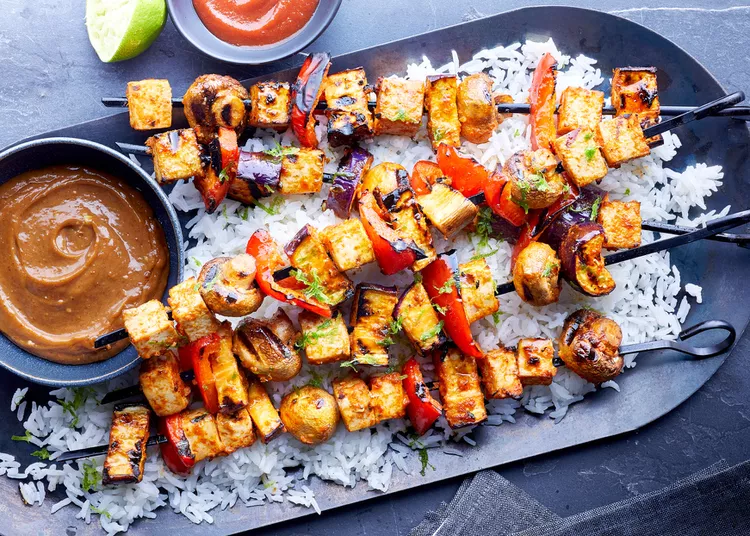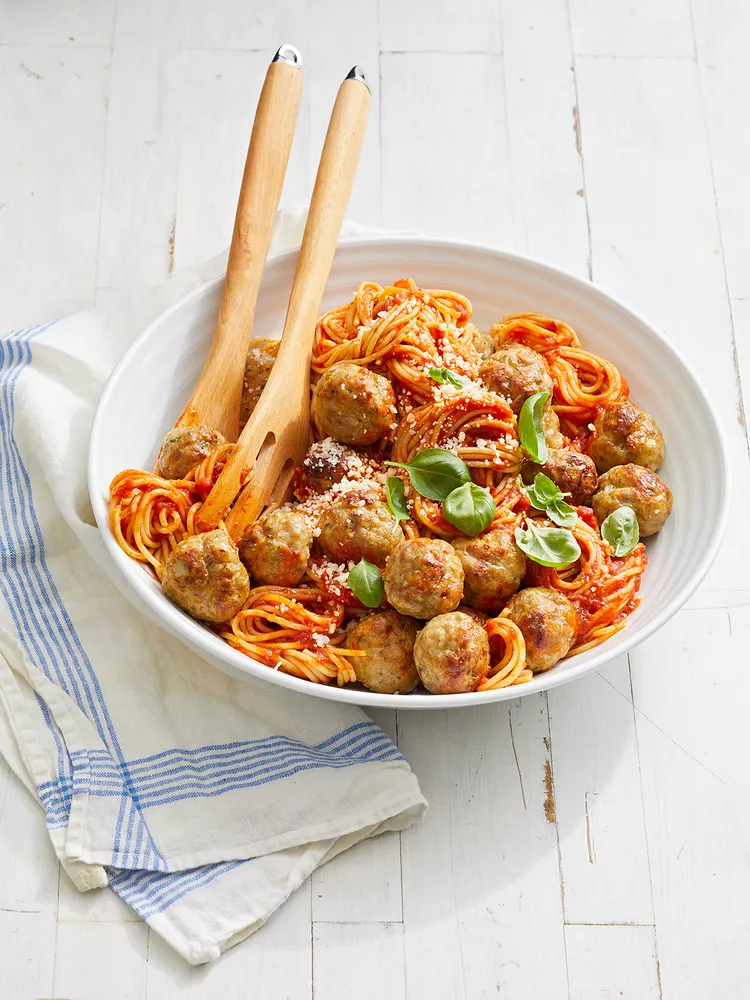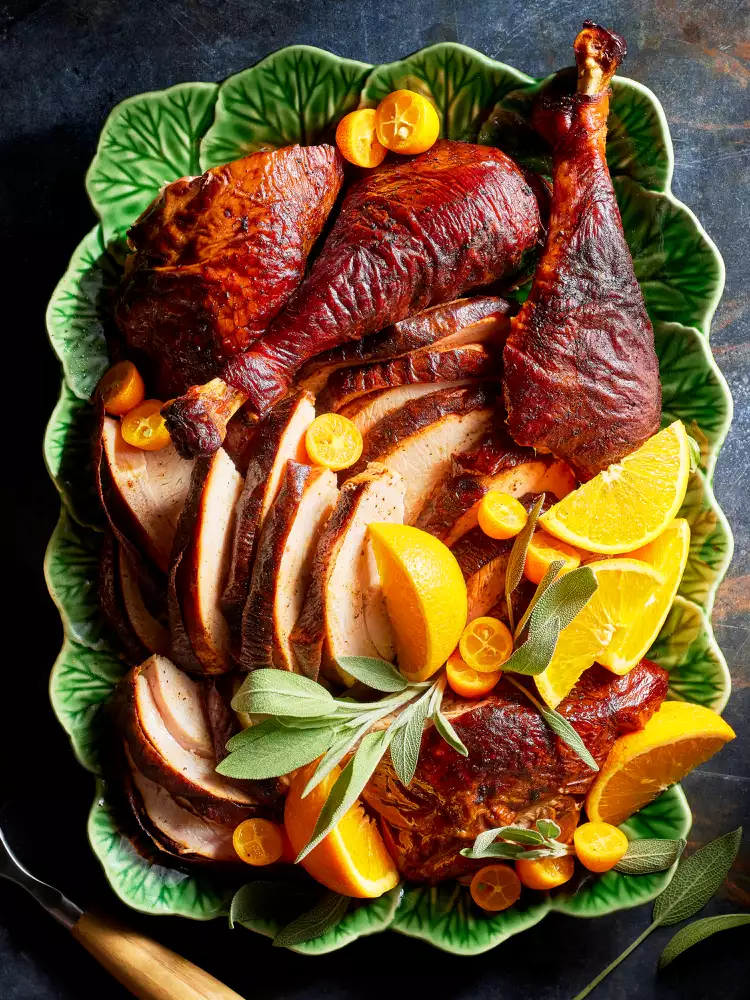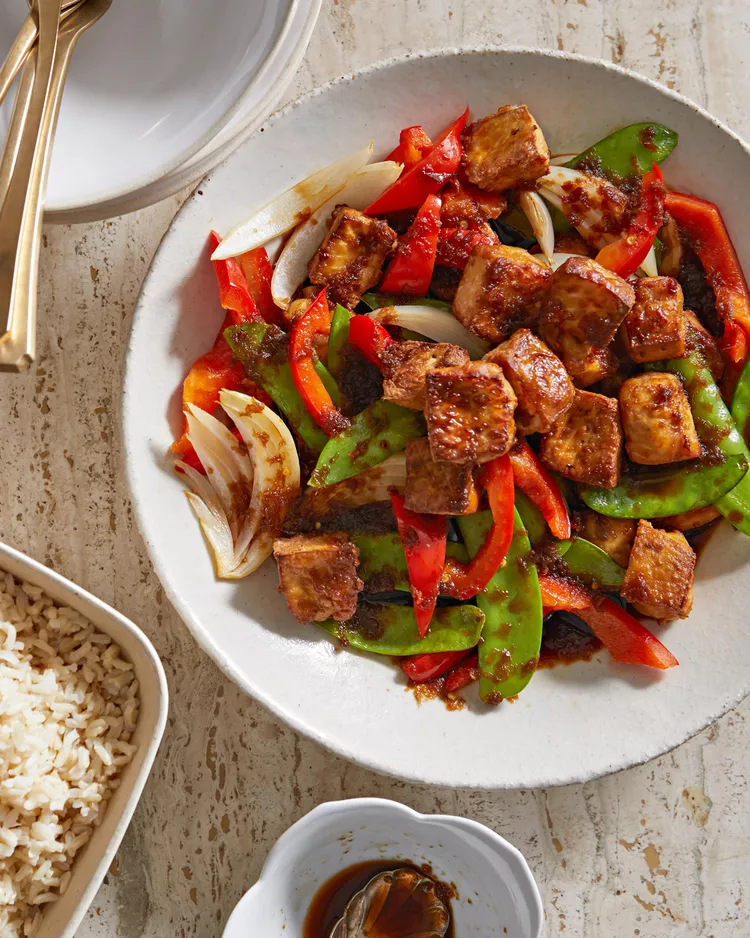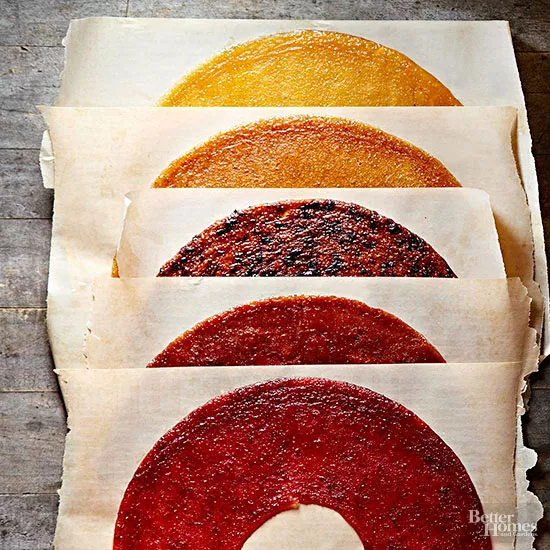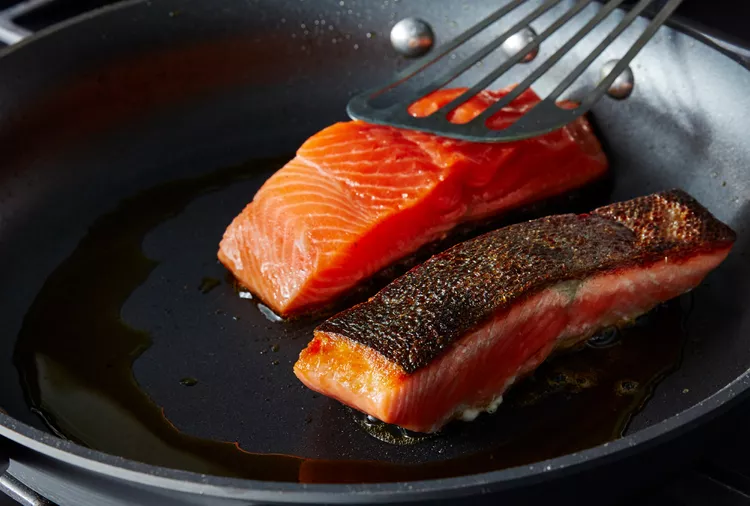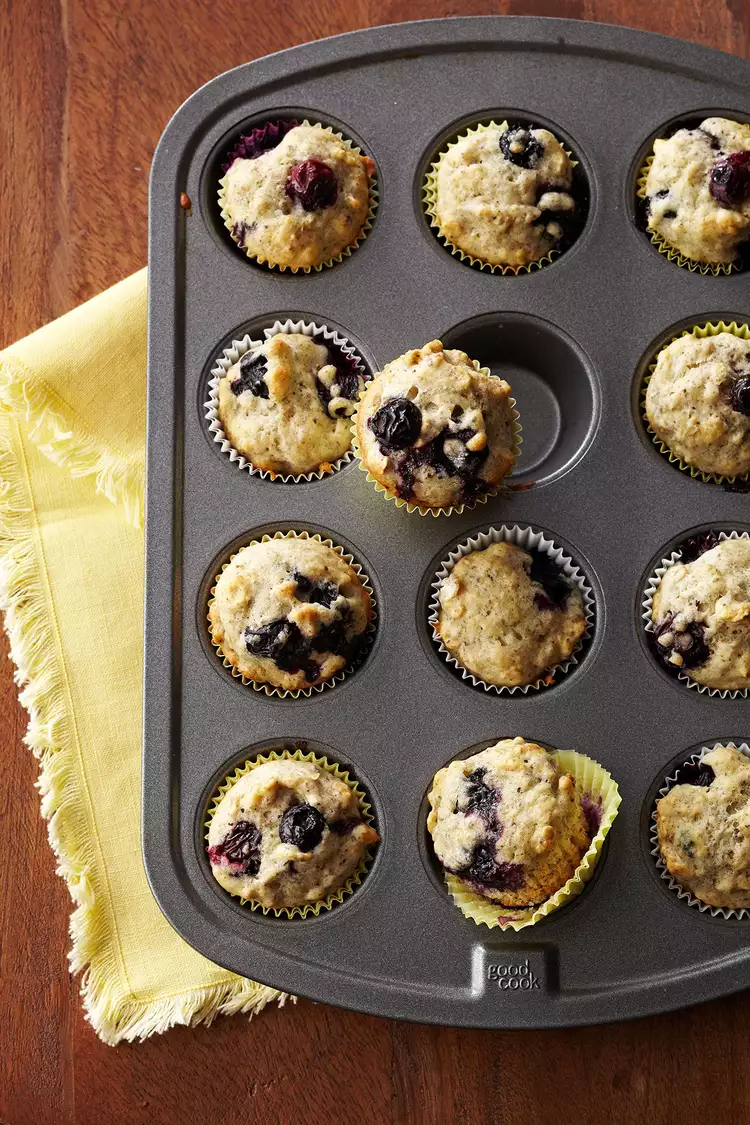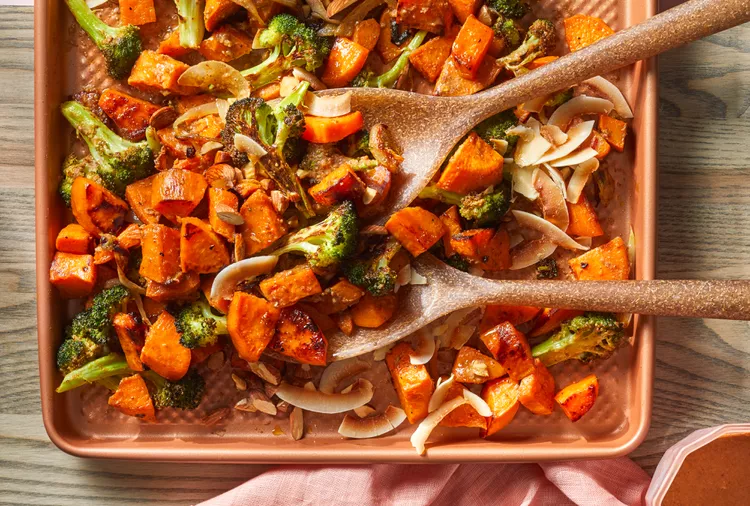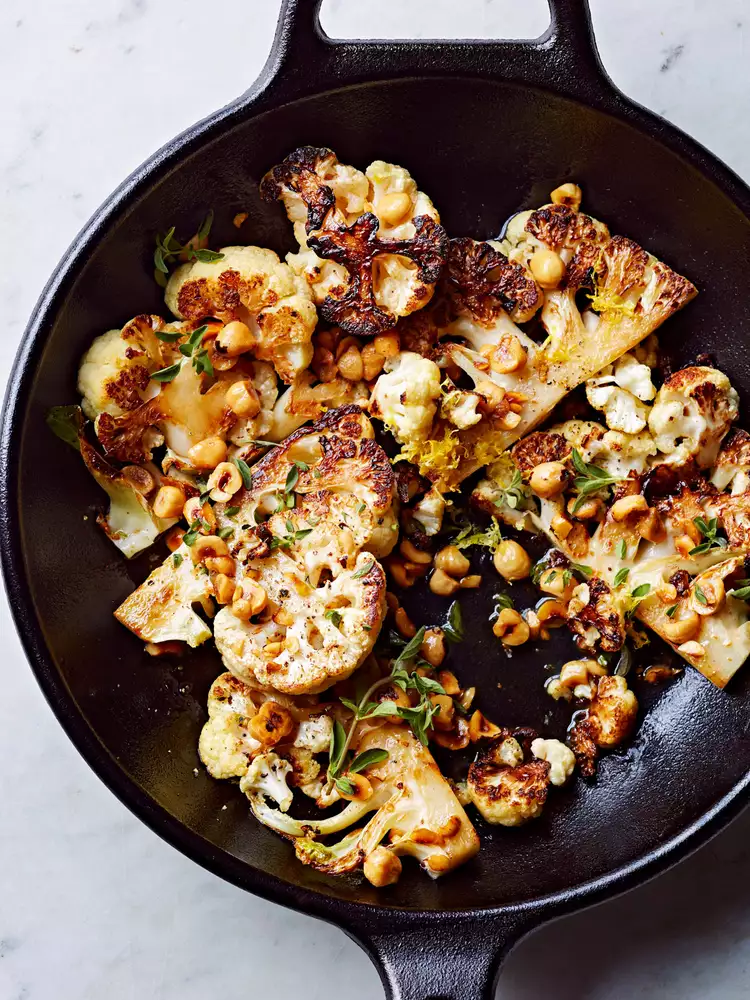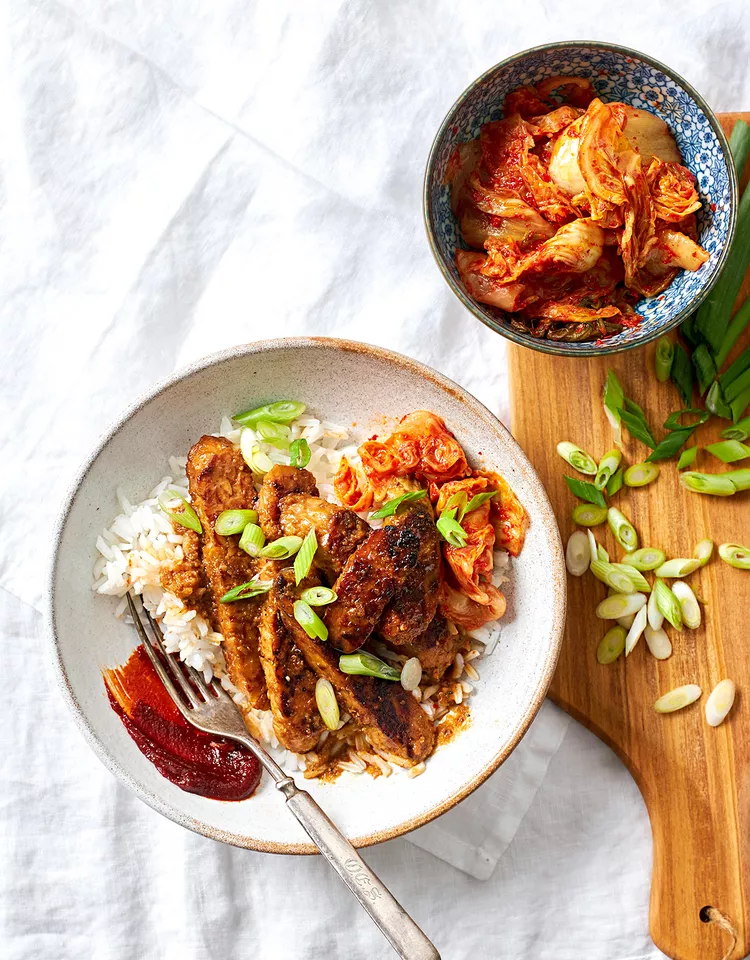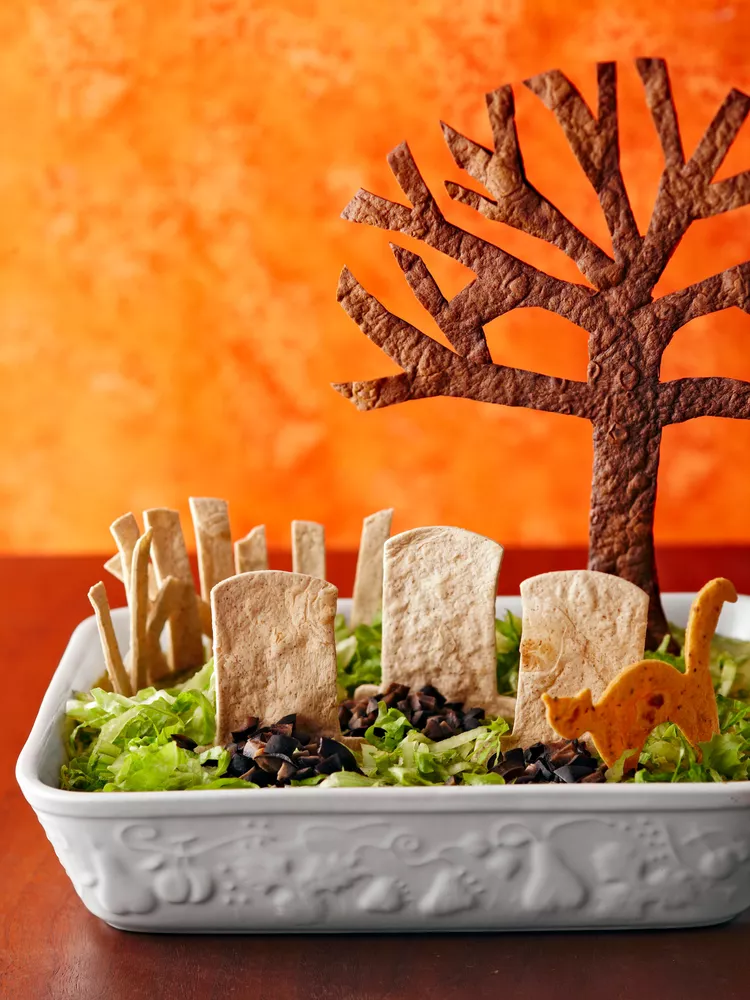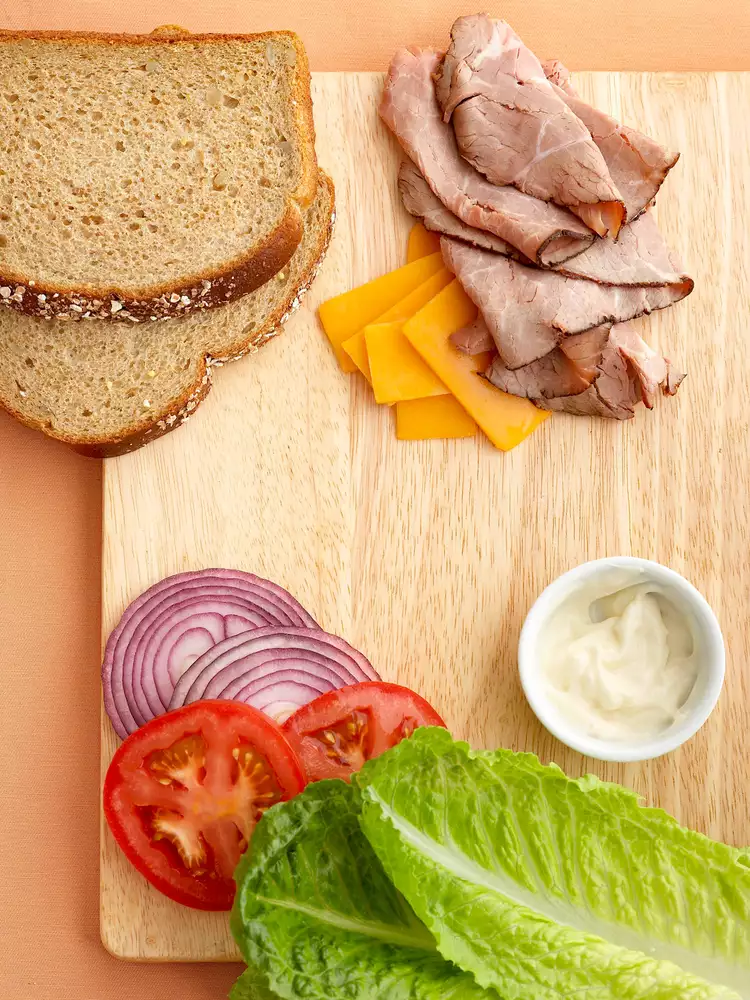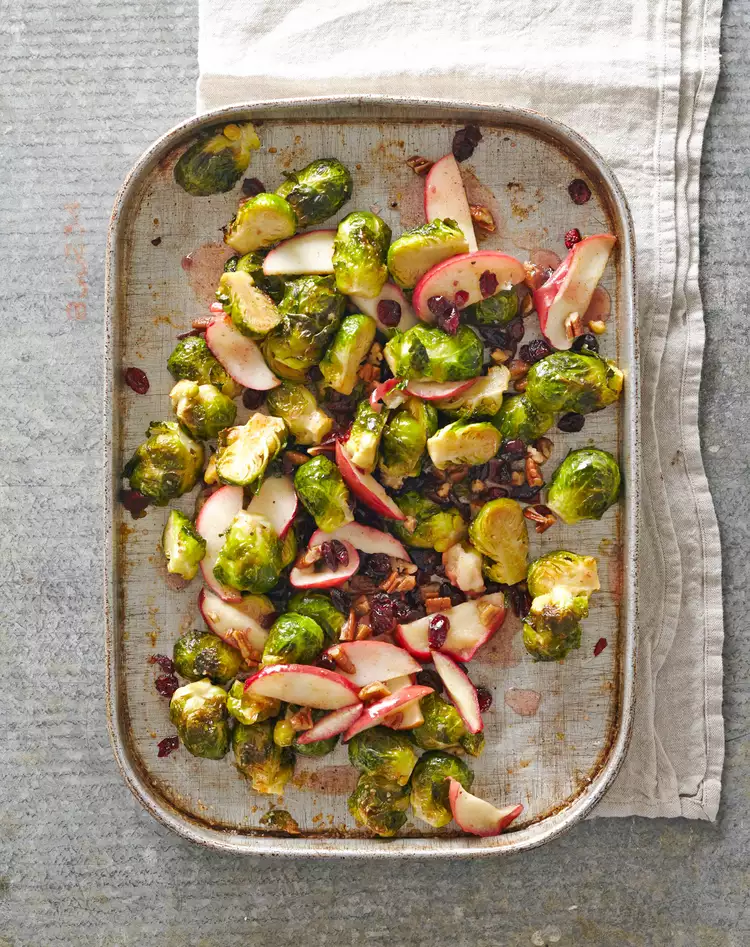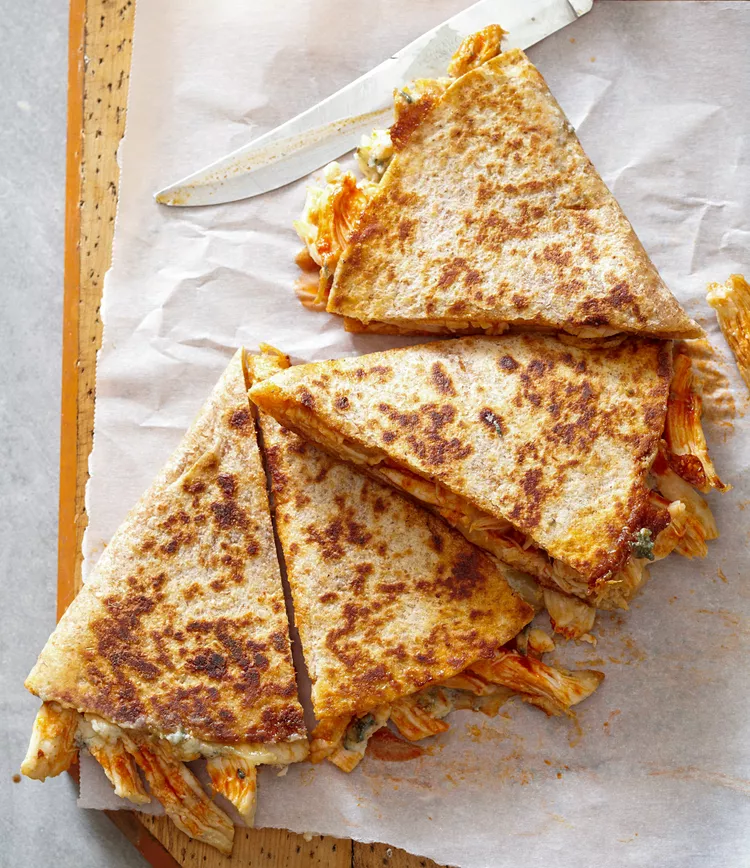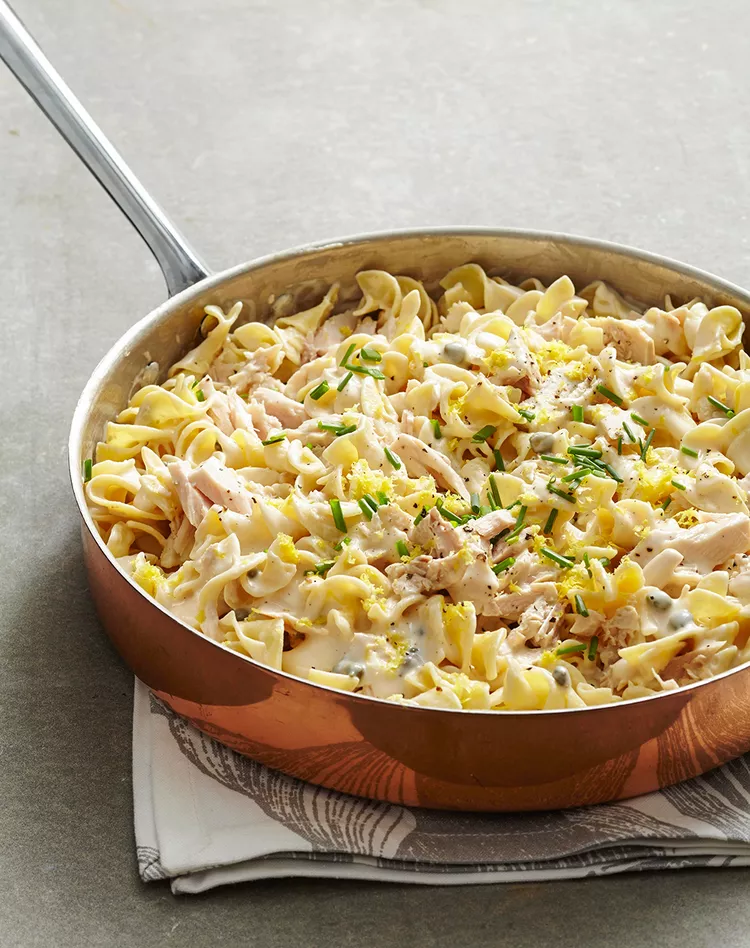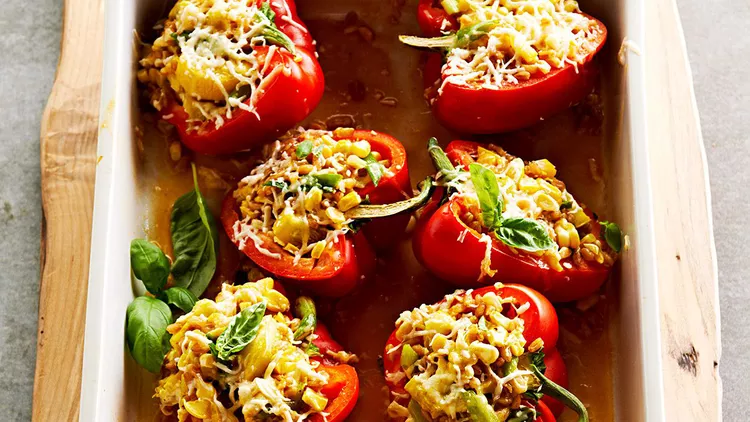Most chicken, especially boneless, skinless chicken breasts, are known for being dry, boring "diet food." But once you master the basic techniques for marinating and know how long to marinate chicken, you'll realize this affordable, versatile, lean protein can be just as succulent and crave-able as its richer counterparts, like steak and pork chops.
If you're looking for the best options for how to marinate chicken, our Test Kitchen pros swear by these two options:
- A dry marinade
- A wet marinade
This guide for marinating chicken explains when to choose one or the other and how to make both. Plus, we're sharing some essential food safety tips that will help keep you and your family safe.
How to Marinate Chicken
As we mentioned, a basic chicken marinade can be made in two ways: dry or wet. They both work wonderfully to tenderize and infuse the meat with flavor. Your desired cooking method will help you decide which to choose.
How to Marinate Chicken with a Wet Marinade
Wet marinades generally consist of:
- Cooking oil to moisten and add flavor.
- An acidic liquid, such as vinegar, wine, tomato, yogurt, or citrus juice (or a natural enzyme like ginger or pineapple), breaks down the dense protein to tenderize it.
- Various seasonings and/or sweeteners, including garlic, molasses, honey, fresh or dried herbs, and spices to amp up the flavor.
Wet chicken marinades should be thin in consistency to penetrate the meat and infuse it with flavor. The marinade infuses about ¼ inch into the surface of the meat, so it won't reach the meat's interior, but the surface will be uber-tasty. This concept is at play in these slices of Turmeric-Ginger Marinated Chicken below.
To marinate chicken in a wet marinade:
- Place the chicken in a shallow dish or a gallon-sized zip-top bag. Add your homemade marinade (such as Roasted Red Pepper Marinade, Avocado-Buttermilk Marinade, or Garlic Soy Marinade) on top. If using a bag, place the bag inside a shallow dish or large plate to catch any drips. Seal the bag, if using, and place the chicken in the refrigerator.
- Turn the bag occasionally so the marinade is distributed evenly over all sides of the food. If using a dish, use tongs to flip the chicken a few times during the marinating time (being careful not to drip any raw chicken juices around your kitchen).
- Use tongs to remove food from the marinade. Some of the marinade will stick to the food. Discard the remaining marinade.
Test Kitchen Tip: Never marinate chicken directly inside a metal container, as the acidic mixture can react with the metal.
How to Marinate Chicken with a Dry Rub
A dry rub is similar to a wet marinade minus the liquid. The mixture of herbs and spices creates a crust on the chicken, sealing in moisture and amplifying its flavor. Cayenne pepper, red chile flakes, garlic powder, onion powder, cumin, paprika, sage, thyme, rosemary, basil, and brown sugar are common stars.
To marinate chicken in a dry rub:
- In a bowl or shallow dish, combine the dry rub ingredients.
- Use paper towels to dry the surface of the chicken well, then coat the chicken's exterior with the dry rub.
- Use your clean fingers to massage the spice rub into the chicken, then thoroughly wash your hands.
How Long to Marinate Chicken
For dry rub marinades, 30 minutes to 2 hours is how long to marinate chicken to allow the flavors to penetrate enough of the chicken to add flavor.
For wet marinades, we know it can be tempting to let them swim for a bit—if a little soaking is good for tender, tasty meat, more must be better, right? When deciding how long to marinate chicken, this is one situation in which you actually can overdo it; allowing boneless chicken to marinate for more than 2 hours or bone-in chicken to marinate for more than 12 hours will leave you with mushy meat. (The acidic ingredients can begin to "cook" the chicken and make it tough, too.)
As a general rule of thumb, follow these timelines as you perfect your skills in how long to marinate chicken:
- Boneless chicken: 30 minutes to 2 hours
- Bone-in chicken breasts, drumsticks, wings, or thighs: 1 to 12 hours
Food should be cooked immediately after marinating. Marinating does not extend food's shelf life, including the day of purchase and thawing time. If you're searching for how to marinate chicken for another day, try one of our foolproof freezer chicken recipes.
Test Kitchen Tip: If you forgot to marinate before preparing your chicken dinner, it's not too late! Consider a "reverse marinade." After cooking your chicken thighs or breasts as you normally would—grilling, roasting, searing, etc.—soak them in a chicken marinade for about 5 minutes, right after the meat has come to temp. (Reminder: the safe internal cooking temperature of chicken is 165°F.)
How to Marinate Chicken Safely
Steer clear of cross-contamination by following these important steps.
- Keep it cool. Marinate foods in the refrigerator; never leave them on the kitchen counter. Place them on the fridge's bottom shelf to rule out any possible leaks or spills onto the foods below. If you're marinating in a zip-top bag, place it in a larger bowl, plate, or baking dish to catch any drips.
- Don't mix your meats. Do not return cooked meat to the unwashed plate you used to carry the raw marinated meat to the oven or grill. Marinated meat is still raw and should be handled accordingly.
- Dump the marinade. Never reuse marinades to prevent the risk of contamination that can lead to food-borne illnesses. Before adding the marinade to the raw meat, set some aside for basting or as a table sauce if you'd like.
Chicken Cooking Tips
Perfectly cooked chicken will depend on your method and which parts of the chicken you're preparing. It also matters how big the chicken is if you're making a whole one. Broiling chicken will be a different process from baking chicken, while boiling is a different method. Frying chicken pieces takes a bit of work, but the results are always worth the effort. For a meal that everyone will love, nothing beats a roasted chicken with some fresh veggies and twice-baked potatoes.
